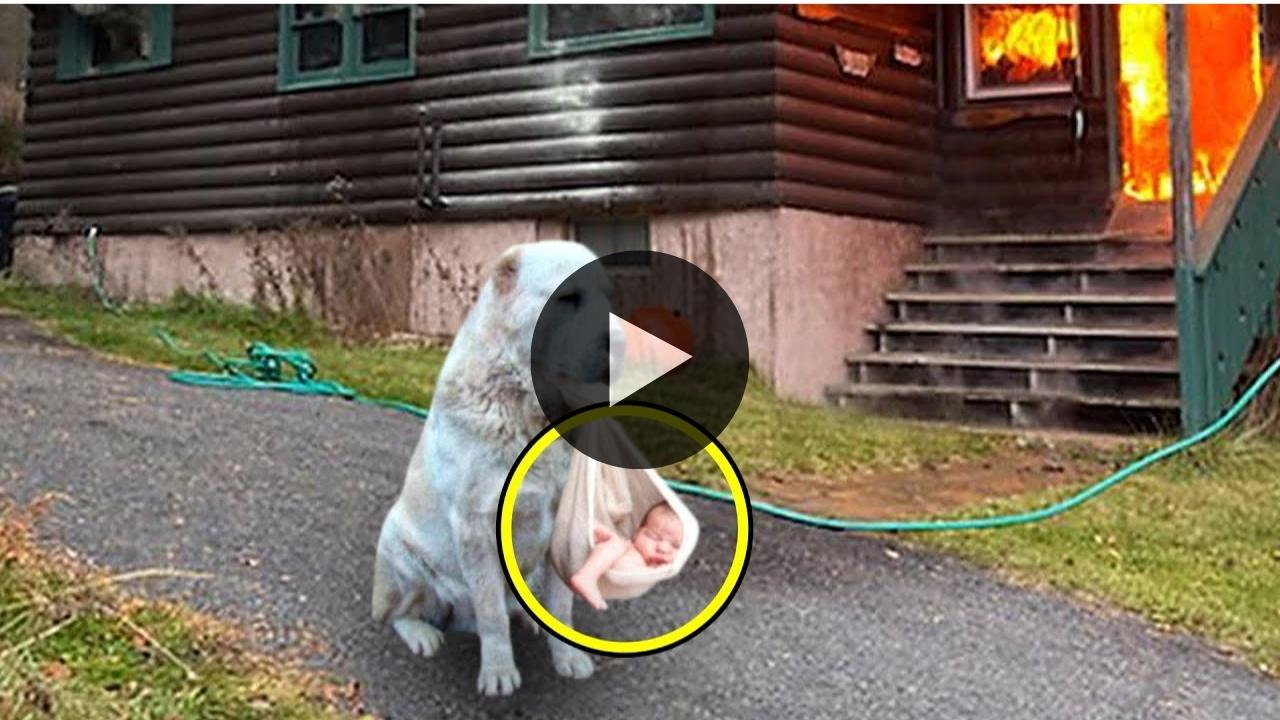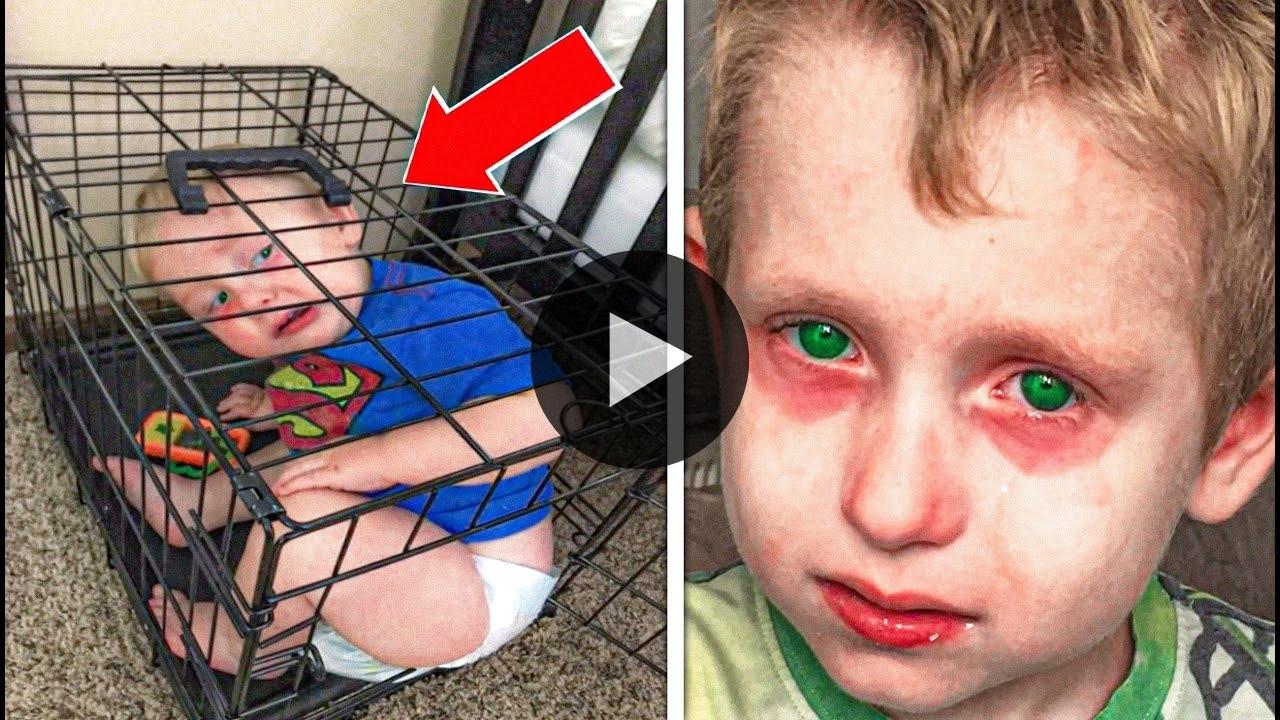We are all unique, so we should all learn to embrace our differences. Just because something is strange to us, it doesn’t mean it is unacceptable.
In the end, we are all one, all united in the web of life, so we should inspire each other instead, see how we can all contribute to a better community.
Love unites us all, and it knows no difference. Hundreds of thousands of people were touched by the video of the Syrian Society for Social development, that told the story of Sader Issa, a dentistry student, raised by a father with Down Syndrome.
People usually have 46 chromosomes, which are the tiny “packages” that contain the genes, and determine the way the body functions and grows before and after birth.
Babies with this condition have an extra copy of chromosome 21, which changes the way their brain develops, and leads to mental and physical difficulties.
The most common physical symptoms of DS include small ears, almond-shaped eyes, a short neck, a flattened face, short height, and small hands and feet.
In the heart-warming video, released in March 2019, Issa says his dad, Jad, is a “father a husband and family leader,” who gave him “all the love and tenderness that anyone can offer.”
He worked at the local wheat factory for two decades to support his family, and he is loved by many for his kindness and selfishness.
Men and women with DS have a reduced fertility rate, and there is an increased risk of miscarriage, the baby to be born prematurely, or the mother to need a caesarian section.
A baby has a 35-50% chance of inheriting the syndrome if one parent has DS, and the chances are higher if both parents have the condition.
Issa explained:
“When people search Google they find that men with Down’s syndrome (DS) are infertile so they get confused when they hear about us. I know six more cases of fathers with DS and the studies that show the fertility of men with DS are very few so we cannot say these men are fertile that easily.”
After the video, Issa said that thousands of people have reached out to him to thank him for giving them hope about the future of their children.
He added that he wouldn’t change a thing even if he had a choice, and maintained that all his achievements resulted from the love, care, and encouragement he received from his father all these years.
He said:
“Throughout my life, he has been the greatest support for me when I needed it.”
Issa added that his father is proud of him, and his “eyes are filled with joy and satisfaction as if to say: ‘Yes, I have Down’s syndrome, but I raised this man and did everything in my power to make him become a doctor and help others.’”
Sader added:
“We wish all people were able to accept that being different is not something to be ashamed of. People with Down Syndrome are different but they have feelings, aspirations, a mind of their own, and they are capable of living a normal life when there is social acceptance and a society that is supportive.
Let us give them a chance and see what great capabilities they have.”
Leave a reply










